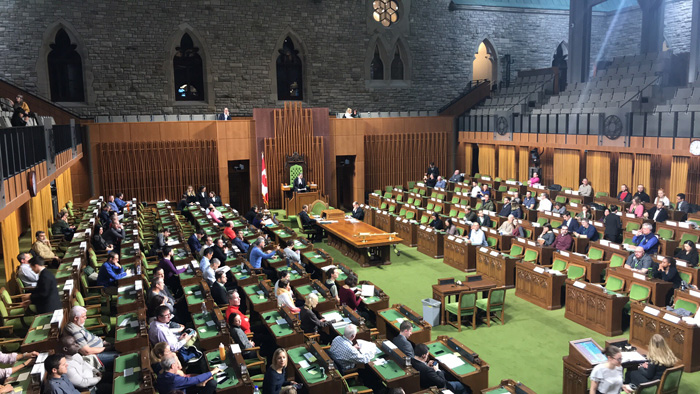Rethinking Lifestyle
Flouting the Law

“Laws” are imposed rules. The laws of nature have been in force for quite a long time, it would appear. They need to be understood and “followed” by all beings, including humans. They cannot to be flouted, not on the long run. Think gravity.
Think excess carbon dioxide and other green house gases (GHGs) in the atmosphere. Upset the balance and there are consequences. That’s nature’s law. Undeniable consequnces… warming, rising oceans, disappearing glaciers, extreme weather events, very large, very hot fires… all consequences in real time. There are greater, more disastrous consequences looming on the horizon.
Our current government, and previous ones, have talked a good line – in Paris most recently – about Canada doing its part to control GHGs. We have set ambitious goals over the years… and failed to meet every target!
Now, acting on its campaign promise in the 2019 election, and with the urging of Canadian citizens and environmental organizations, the Trudeau government is tabling legislation – making a law – to hold itself and future governments to account on the climate. Will it be meaningful? This is a different kind of law. This is not a natural law. This is a human law. But it seeks to deal with the flouting of a natural law. What will happen if this human law is flouted?
The law is called the Canadian Net-Zero Emissions Accountability Act (or C-12) and its goal is to make Canada “net zero” by 2050. By that year, as much GHGs must be taken out of the atmosphere as are put in.
What confidence can we have that Canada will meet this target when we’ve always failed so far? Will this be just be more lofty rhetoric? That’s where the force of law is supposed to come into play. The benchmark globally for climate laws appears to be what is being done in the UK. Since 2008, British governments have been held to account by law for meeting GHG targets. To get them there, five year carbon budgets are mandated and monitored. An independent expert committee is responsible for direction on these policy targets. Since introduction of the legislation, the UK has reduced GHG emissions 44% below 1990 levels, and is on track to be net-zero by 2050… although that is not expected to be a slam dunk. The low hanging fruit has been picked. Getting all the way there will require national resolve.
C-12 follows the British template by and large, but as it stands, the bill has some glaring deficiencies. The process of moving from bill to law – multiple readings in the House of Commons and Senate, input from Parliamentary Committees, and hopefully, relevant organizations and the public – should improve the legislation and provide “teeth”. “Teeth” will be five year carbon budgets (interim targets) so the setting goals and meeting these goals can’t be kicked down the road. The selection of an independent expert committee to set targets and guide policy development will be crucial, as well.
The “teeth” are detailed in a comprehensive document prepared this month by five major Canadian environmental groups.
Governments respond when concerned citizens push for meaningful action. So, we all have a role in ensuring that the Canadian Net-Zero Emissions Accountability Act becomes a law that will in fact require governments at all levels to work seriously toward a net-zero society. Our elected representatives need to hear from us. And they need to know that we are prepared to make sacrifices to reach the goal. We don’t really have a choice. Some laws cannot be flouted.




